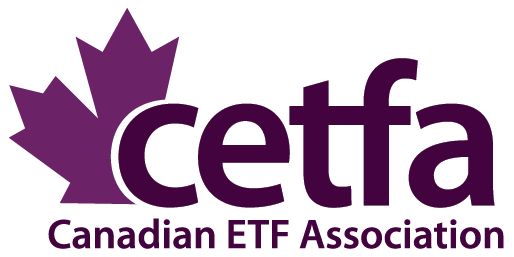FINRA Seeks Rule Requiring Ops Execs to Register
Chris Kentouris
March 09, 2011
About nine months after it floated the idea, the Financial Industry Regulatory Authority has just asked the Securities and Exchange Commission to approve a rule change to establish a new registration category and qualification exam for certain operations personnel to be called operations professionals.
This means most executives in senior-level positions in Wall Street will soon have to register with FINRA and pass a licensing exam to become operations professionals.
In its rule change request, FINRA in large part is carrying out what it proposed last year, without addressing many of the concerns of brokerage firms to heart. Their key beef: the registration requirement would affect far too many operations executives and be too costly to implement.
FINRA said that it will publish the effective date of the rule change in a regulatory notice after it wins SEC approval. The rule could go into effect before the end of the year.
“The proposed rule change would establish a new qualification examination for operations professionals that would provide reasonable assurance that such individuals understand their professional responsibilities, including key regulatory and control themes, as well as the importance of identifying and escalating red flags that may harm a member, a customer, the integrity of the marketplace, or the public,” wrote FINRA in its filing with the SEC on March 4.
Although FINRA made some minor changes in the language used to describe the sixteen functions that would be covered by the licensing, the list remains pretty exhaustive.
This includes client onboarding (customer account data and account maintenance); collection maintenance; reinvestment and disbursement of funds; receipt and delivery of securities and funds and account transfers; bank, custody, depository and firm account management and reconciliation; settlement, fail control, buy-ins, segregation, possession and control; trade confirmation and account statements; margin; securities loan and securities lending; prime brokerage; approval of pricing models used for valuations; financial control including general ledger and treasury; contributing to the process of preparing and filing financial regulatory reports; defining and approving business requirements for sales and trading systems and any other systems related to the covered functions; defining and approving business security requirements and policies for information technology; defining and approving information entitlement policies in connection with the covered functions; and posting entries to a member’s books and records in connection with the covered functions.
Read more..... SecuritiesTechnologyMonitor.com









Editorial comments
It seems the world is finally starting, only starting mind you, to understand the critical nature of back office functions and how it impacts both the firm and the industry. These functions, though never glamorous and reeking of 'cost centeritis' <the affliction that paralyzes executives when dealing with the back office and damages the ability to envision creativity in the way it can be managed>, are inevitably relegated to 'second class citizenry' status.
It is because persons running the industry don't really understand the way things work in relation to products and the processes of the back office functions that we had the problems we encountered in the financial community these past few rocky years.
SUI believes that the back office/operations and IT centers are absolutely critical to the safe, compliant and responsible management of a financial institution. We therefore welcome the changes to register back office executive personnel.
Our purpose it to expertly 'educate' the roles and functions of a financial firm's operations and back office, (especially securities firms). We know where the real cost center is. It's when your back office can cost you more than you ever thought possible because you didn't understand its critical position within your financial firm nor worth investing in in-depth education to its personnel.